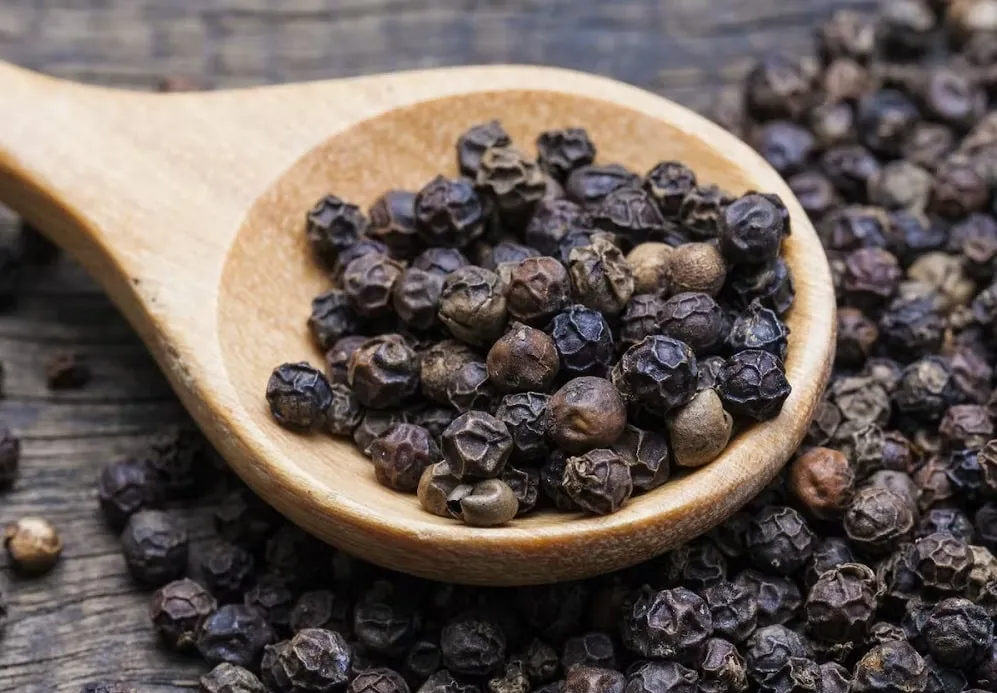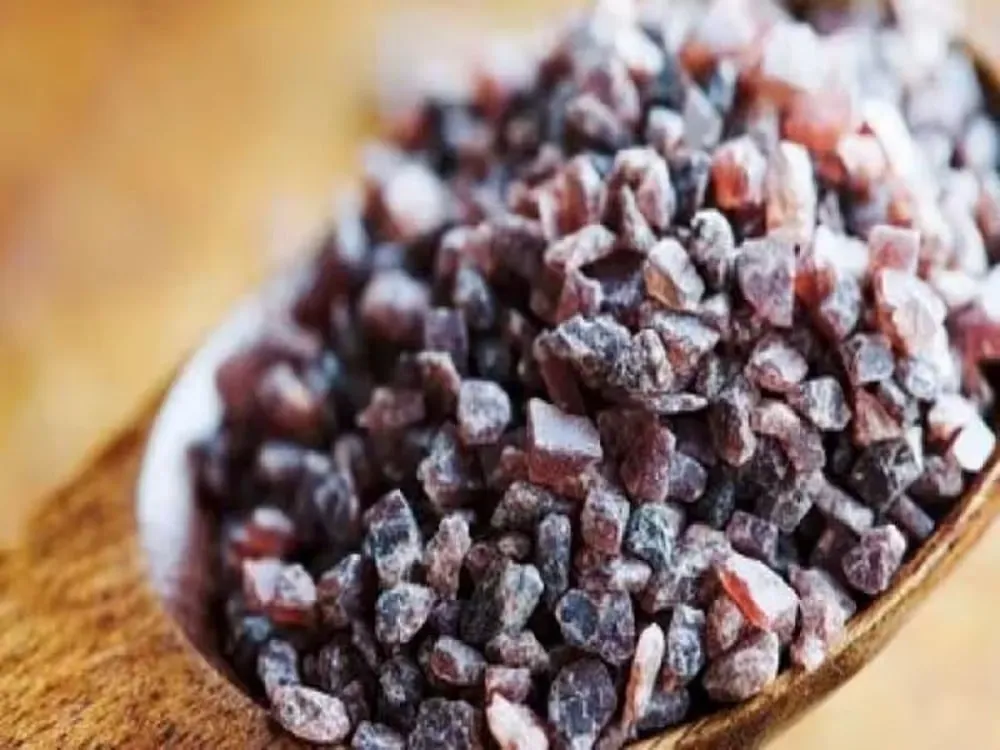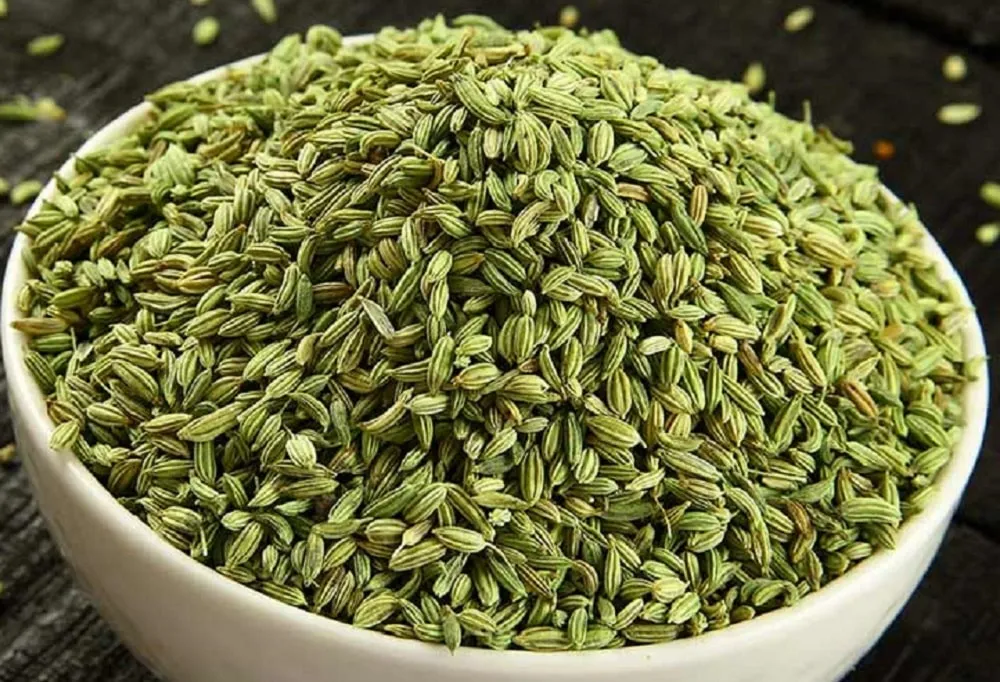Herbs & Spices
5 HEALTH BENEFITS OF CLOVES
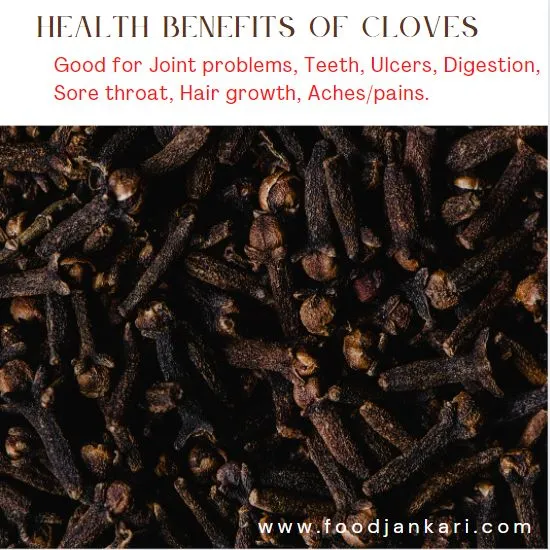
Herbs & Spices
Black Pepper Nutrition In Hindi- जानिये काली मिर्च में पाए जाने वाले पोषक तत्वों के बारे में
Herbs & Spices
Black Salt Nutrition In Hindi- काला नमक में पाए जाने वाले पोषक तत्त्व
Herbs & Spices
Fennel Seeds Nutrition- सौंफ में पाए जाने वाले पोषक तत्त्व
-
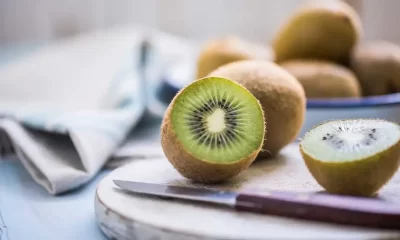
 Fruits7 months ago
Fruits7 months agoEating Kiwi At Night Is Good Or Bad?
-

 Fruits7 months ago
Fruits7 months agoMosambi (Sweet Lime)- Health Benefits, Nutritional Facts, Calories and Best time to drink Mosambi juice
-

 Fruits7 months ago
Fruits7 months ago17 Best Foods For Hair Growth And Hair Regrowth: What To Eat, Drink & Avoid
-

 Fruits7 months ago
Fruits7 months agoIs Eating Grapes at Night Good or Bad? Know the Benefits, Drawback and Grape Snacks
-

 Health benefits of Juice8 months ago
Health benefits of Juice8 months agoCan We Eat Oranges During Periods?
-
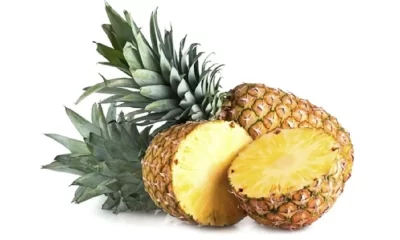
 Fruits7 months ago
Fruits7 months agoEating Pineapple at Night is Good or Bad? Know the Right Answer
-

 Nutrition Facts3 years ago
Nutrition Facts3 years agoBenefits Of Eating Dry Fruits At Night
-

 Fruits7 months ago
Fruits7 months agoWhich Fruit Is Best For Skin Whitening

